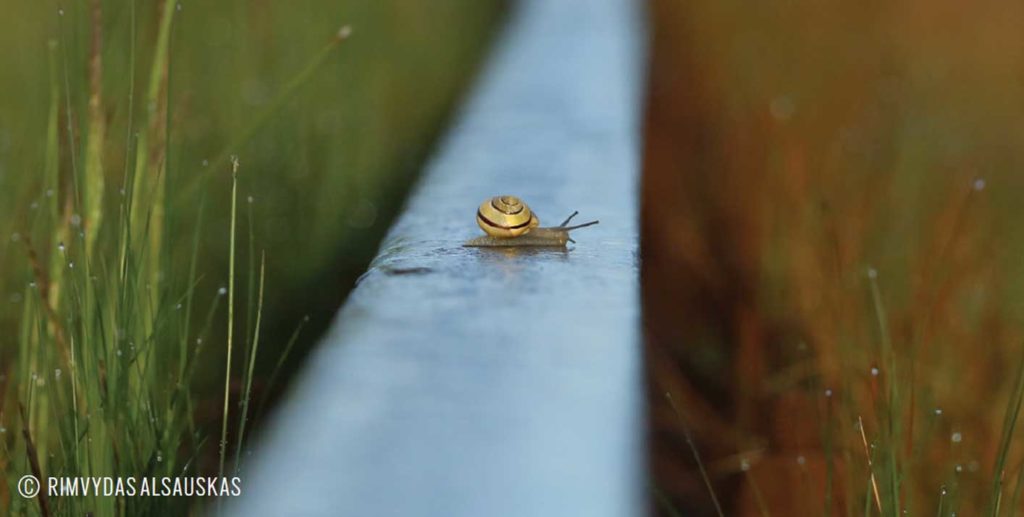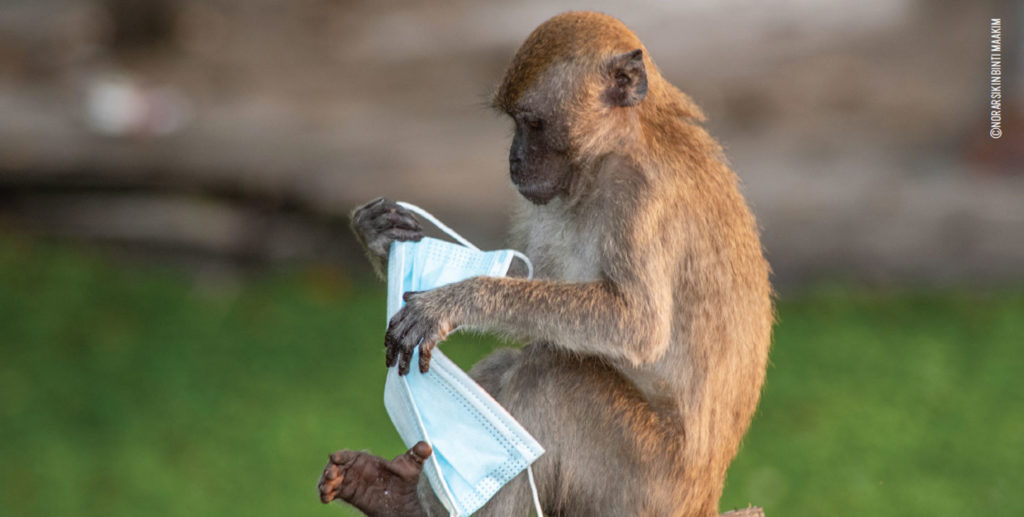We are witnessing a loss of biodiversity and natural habitats on an unprecedented scale, which in turn affects every sphere of our lives: from the air we breathe, water we drink, soil that grows our food, and climate.
Entire ecosystems are disappearing; and the destruction of species’ natural habitats is harming the delicate balance between our health and the health of our environment. Feeding our unsustainable food system drives both terrestrial and marine biodiversity loss (meanwhile, one-third of all food globally is lost in the production process or wasted). Despite experiencing the effects of climate change more strongly than ever, we continue to convert forests into agricultural lands, and relentlessly pollute oceans, lakes and rivers with discarded plastics, wreaking havoc on precious biodiversity that inhabits them.
Had this year’s International Mother Earth Day, commemorated on 22 April, been designated just a few months earlier, we would also be marking a year since the outbreak of the COVID-19 pandemic, which changed the way we live, travel, and work – possibly forever. The irony of this is not lost on anyone.
About the issues
Climate change, land-use change, intensified agriculture are known to be the contributing factor to the transmission of zoonotic diseases, such as COVID-19.
According to the UN Environment, 75% of emerging infectious diseases are zoonotic. It will take a long time for national healthcare systems and economies to recover from the burden inflicted by this pandemic. Just before the outbreak of COVID-19, healthcare spending worldwide was already growing, reaching 10 % of global GDP (equivalent to 8.3 trillion USD) in 2018, and now is expected to increase further.
While there remains a lot of uncertainty concerning the pandemic and its long-term effects on national economies and health systems, one thing is clear: we cannot longer afford not to account for the true cost of our disturbed relationship with nature.
Therefore, on this International Mother Earth Day, we should take the time to consider the health costs of the destruction of natural habitats and biodiversity loss. The picture is worth a thousand words, the old saying goes: and so the thousands of photographs submitted to the United Nations Economic Commission for Europe (UNECE) photography contest: “Humans locked down: nature unlocked” tell a tale in its own right.
About the contest
This photography contest invited people worldwide to submit the best photographs of nature taken during lockdown, seeking to raise awareness of the destruction of species’ natural habitats that is taking place globally and promote the preservation and restoration of ecosystems.
The final selection of 13 best photographs, chosen by the jury composed of members of the Bureau of the Committee on Forest and the Forest Industry and the Bureau of the Committee on Environmental Policy, showcases some of the most telling aspects of the lockdown experience.
These range from astounding images of wild animals exploring abandoned streets, picking up discarded face masks, to images of animals taken in people’s backyards, easing the loneliness that troubled many in this prolonged period of isolation.
The winning images come from all over the world: from Switzerland, India, Malaysia, the Russian Federation, Lithuania to Australia. Regardless of where they come from, they all send the same message: we need to profoundly re-think how we engage with our natural world.
Some of the winning photographs can be seen below. All winning photos will be presented in an online gallery on the UNECE website, as well as in an exhibition that will take place at the Palais des Nations.






